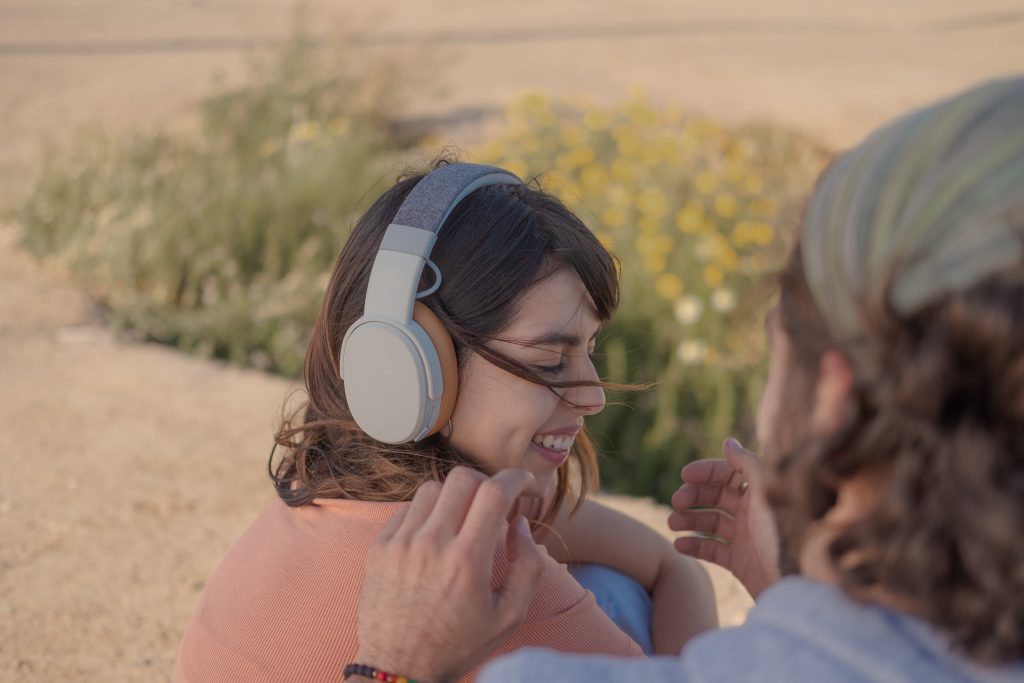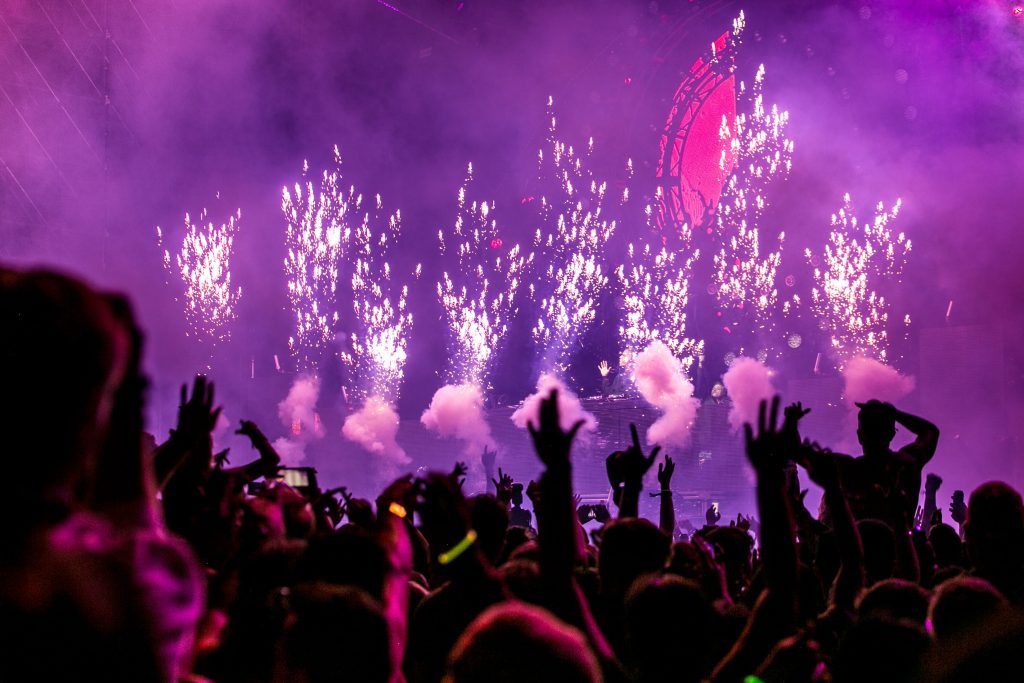
Music is a language that speaks to people of all backgrounds and cultures, expressing ideas and feelings on a global level. Humans have utilized music to communicate and express themselves throughout history, overcoming linguistic and cultural obstacles in the process. This article will examine how music may unite people from different backgrounds and dissolve barriers.
- The Language of Emotion.
- Cultural Exchange through Music.
- Fusion of Musical Styles and Genres.
- Music as a Tool for Social Change.
- Music Festivals as Cultural Celebrations.

One of the most amazing things about music is that it can express feelings without using words. Music, regardless of its particular style or genre, has a powerful ability to evoke emotions in us. Music, whether it be the upbeat sounds of a tribal drum or the mournful melodies of a classical piece, can uplift our spirits and connect us to our common humanity.

Since ancient times, music has served as a medium for cross-cultural communication. Music was essential to cross-cultural communication as civilizations interacted and traded with one another. The mutual exchange of musical customs, instruments, and melodies allowed individuals from many cultures to relate to, comprehend, and value each other’s distinctive viewpoints and artistic creations.

The merging of musical genres and styles has grown more common than ever in today’s connected world. Together, musicians and artists from many ethnic backgrounds combine their distinctive sounds to produce something wholly original. This combination not only highlights the variety of musical traditions but also shows how music can cut over barriers and establish a universal language that connects people all around the world.
Throughout history, social movements for fairness and equality have been greatly aided and inspired by music. Music can unite people and spark a desire for positive change in communities. Examples of this include protest songs from the civil rights movement and anthems for peace and unity. Musicians become activists for a better world by using lyrics and melodies to address social and political issues. They use music as a platform to convey their worries and goals.
Music festivals have grown to be well-known gathering places for people from all walks of life to celebrate a variety of musical traditions. These festivals function as global melting pots of cultures, offering a diverse array of musical genres and acts to attendees from all over the world. These events, which range from electronic dance music parties to world music festivals, highlight the ability of music to unite people and promote appreciation and understanding of different cultures.



[…] Understanding Cultural Context […]